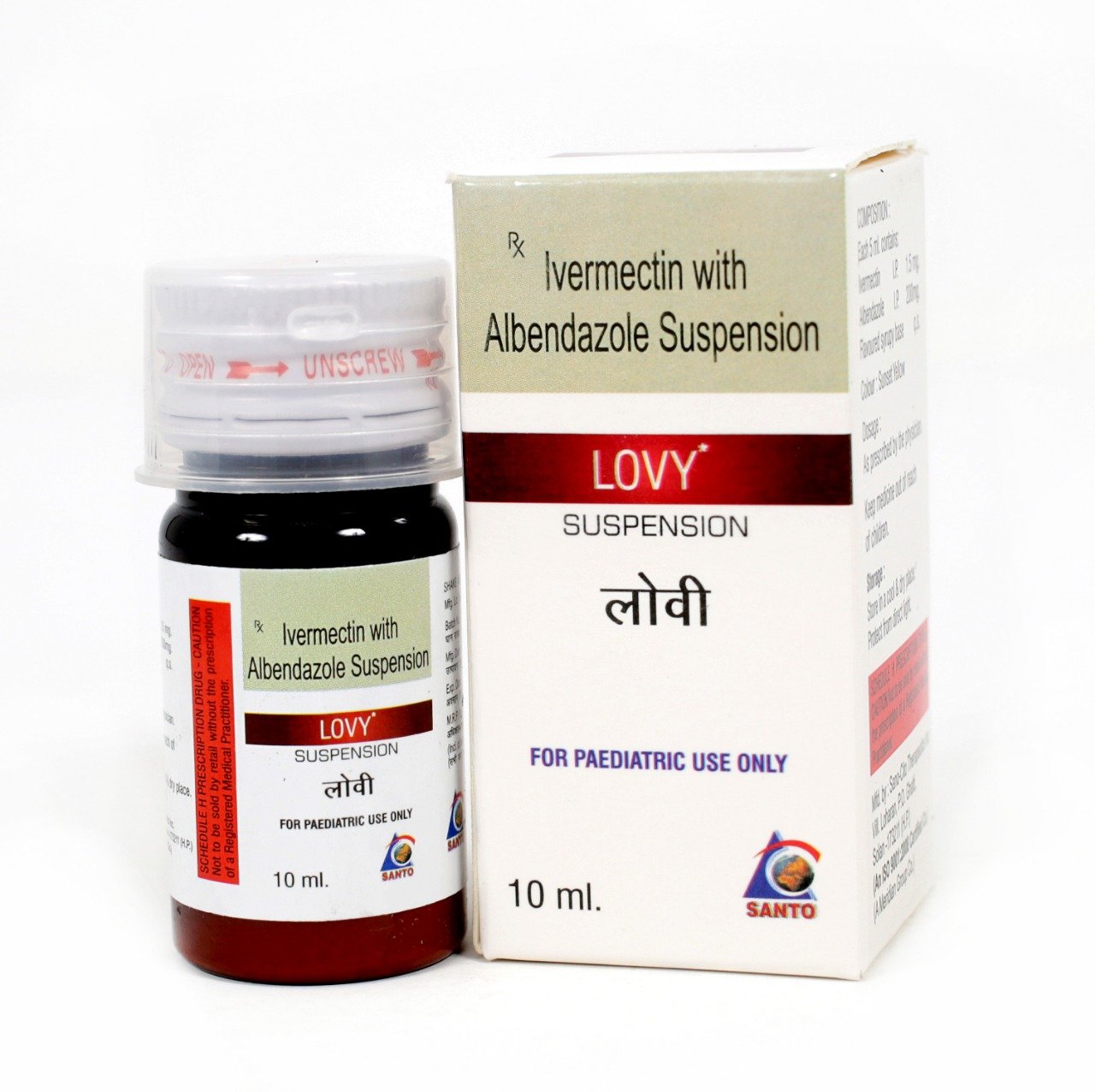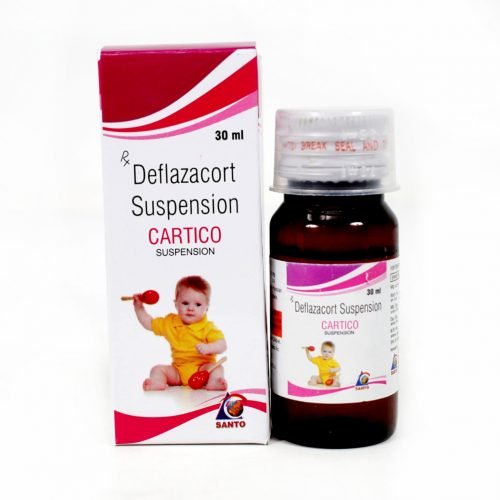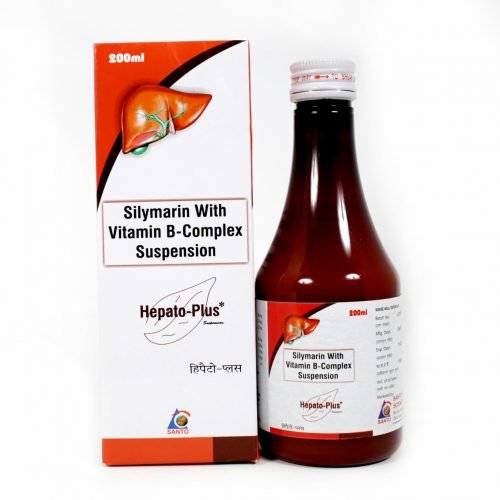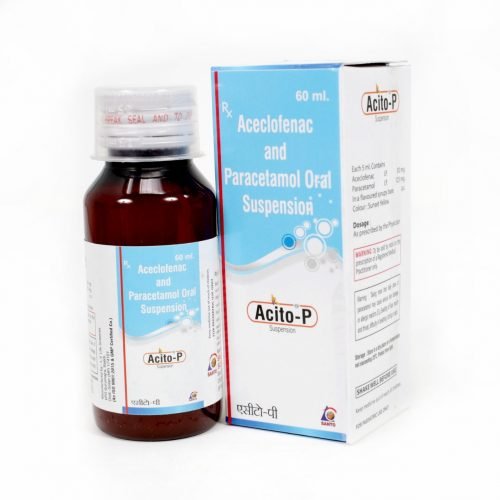- 01792-220191, 09839141955, 06390845955
- SCO No. 2 & 3, Block-B;Office No.-249A; 2nd Floor, Motia Plaza Baddi-173205; Distt. Solan (H.P.)
- Home
- Suspensions
- LOVY (SUSPENSIONS)

LINIFEX (DRY-SYRUPS)
September 19, 2019
M-VIM DROP (FOOD PRODUCT)
September 19, 2019LOVY (SUSPENSIONS)
| Brad Name | Lovy (Suspensions) |
| Composition | Albenzole200mg + Ivermectin 1.5 mg / 5ml Suspensions |
Albenzole200mg + Ivermectin 1.5 mg / 5ml Suspension
Ivermectin is an anti-parasite medication. Ivermectin is used to treat infections in the body that are caused by certain parasites. Ivermectin may also be used for purposes not listed in this medication guide. Follow all directions on your medicine label and package. Tell each of your healthcare providers about all your medical conditions, allergies, and all medicines you use.
Side Effects
Headache, dizziness, muscle pain, nausea, or diarrhea may occur. If you are being treated for “river blindness” (onchocerciasis), you may experience reactions to the dying parasites during the first 4 days of treatment, including joint pain, tender/swollen lymph nodes, eye swelling/redness/pain, weakness, vision changes, itching, rash, and fever. If any of these effects persist or worsen, tell your doctor or pharmacist promptly.
To reduce dizziness upon standing, get up slowly when rising from a sitting or lying position.
Remember that your doctor has prescribed this medication because he or she has judged that the benefit to you is greater than the risk of side effects. Many people using this medication do not have serious side effects.
Tell your doctor right away if any of these rare but very serious side effects occur: neck/back pain, swelling face/arms/hands/feet, chest pain, fast heartbeat, confusion, seizures, loss of consciousness.
Precautions
Before taking ivermectin, tell your doctor or pharmacist if you are allergic to it; or if you have any other allergies. This product may contain inactive ingredients, which can cause allergic reactions or other problems. Talk to your pharmacist for more details.
Before using this medication, tell your doctor or pharmacist your medical history, especially of: liver problems.
If you have traveled or lived in West or Central Africa, you may be infected with certain parasites (such as Loa loa, African trypanosomiasis) that could cause problems with ivermectin treatment. These effects could rarely result in serious (possibly fatal) effects on the brain (such as encephalopathy). Consult your doctor for more information.
This drug may make you dizzy. Alcohol or marijuana (cannabis) can make you more dizzy. Do not drive, use machinery, or do anything that needs alertness until you can do it safely. Limit alcoholic beverages. Talk to your doctor if you are using marijuana (cannabis).
Interactions
The effects of some drugs can change if you take other drugs or herbal products at the same time. This can increase your risk for serious side effects or may cause your medications not to work correctly. These drug interactions are possible, but do not always occur. Your doctor or pharmacist can often prevent or manage interactions by changing how you use your medications or by close monitoring.
To help your doctor or pharmacist give you the best care, be sure to tell your doctor or pharmacist about all the products you use (including prescription drugs, nonprescription drugs, and herbal products) before starting treatment with this product. While using this product, do not start, stop, or change the dosage of any other medicines you are using without your doctor’s approval.
Some of the products that may interact with this drug include: barbiturates (such as phenobarbital, butalbital), benzodiazepines (such as clonazepam, lorazepam), sodium oxybate (GHB), valproic acid.





